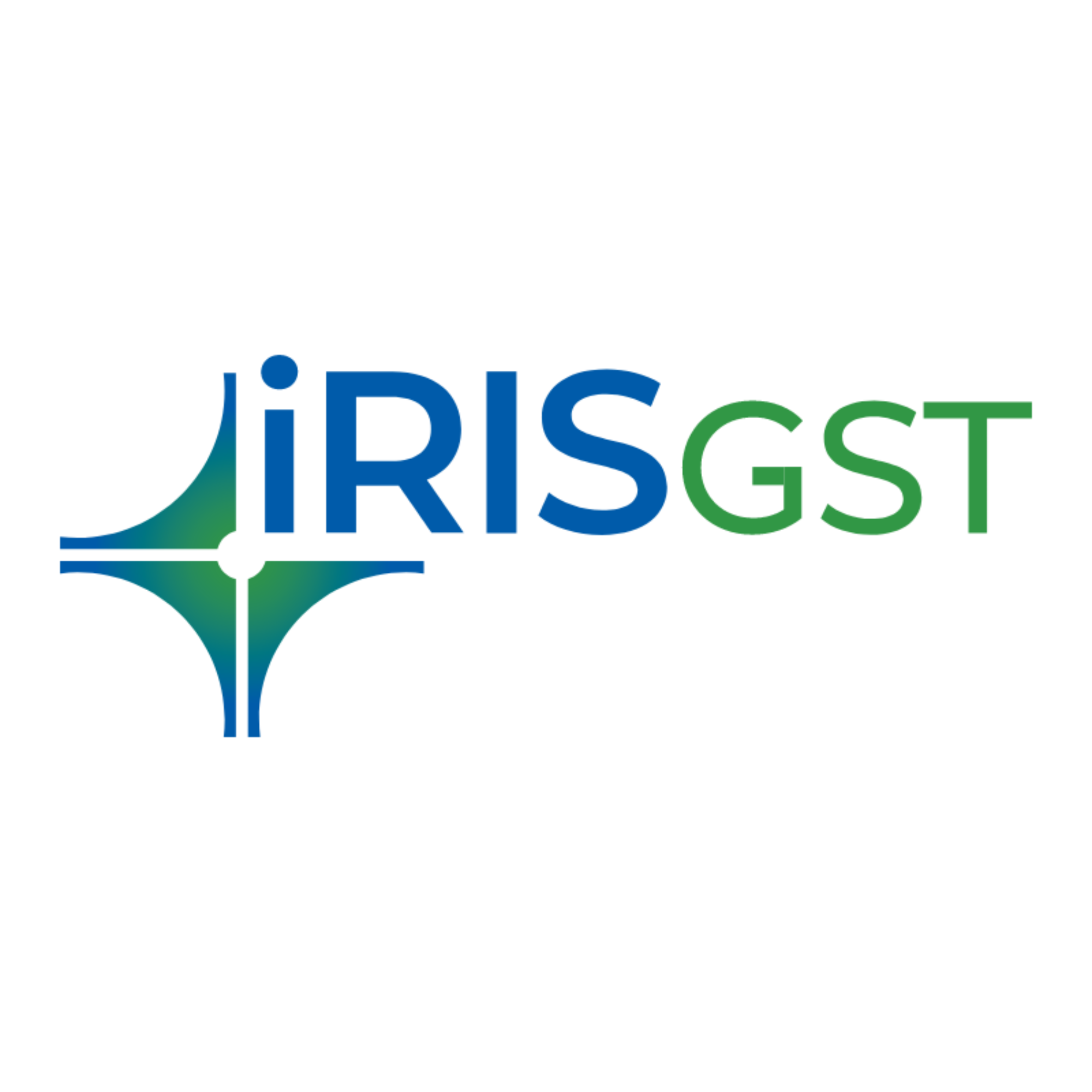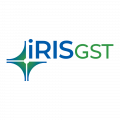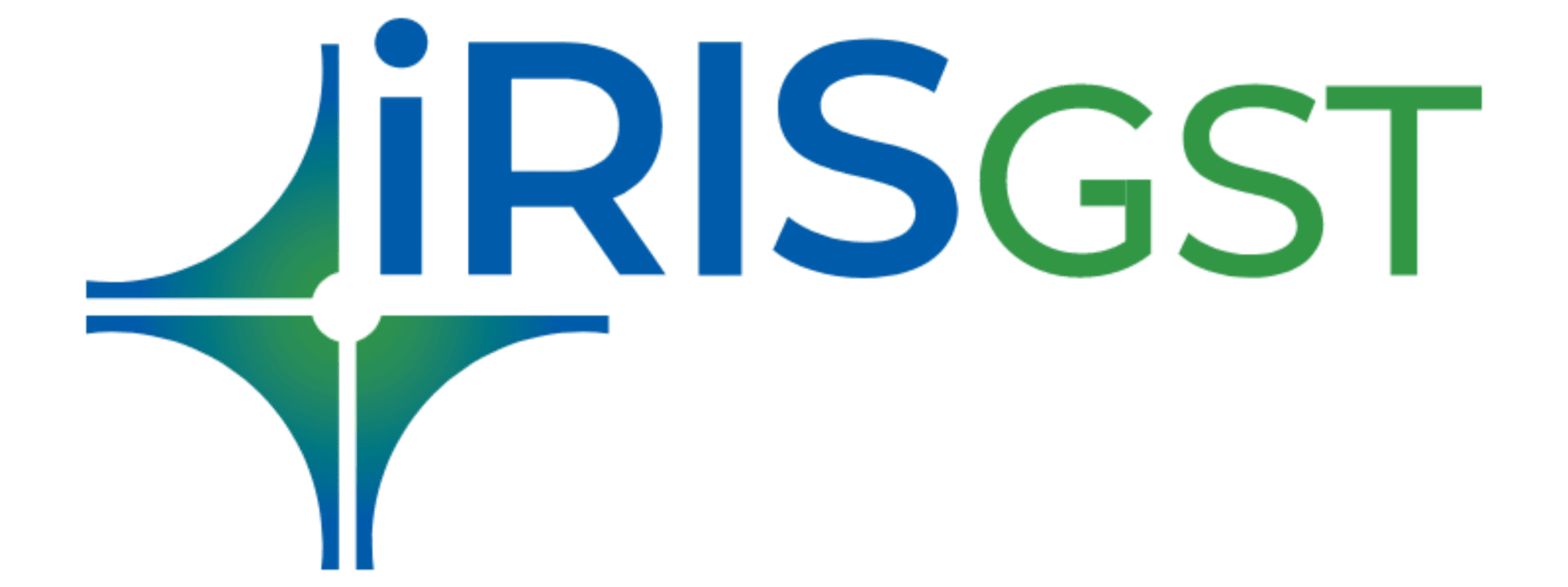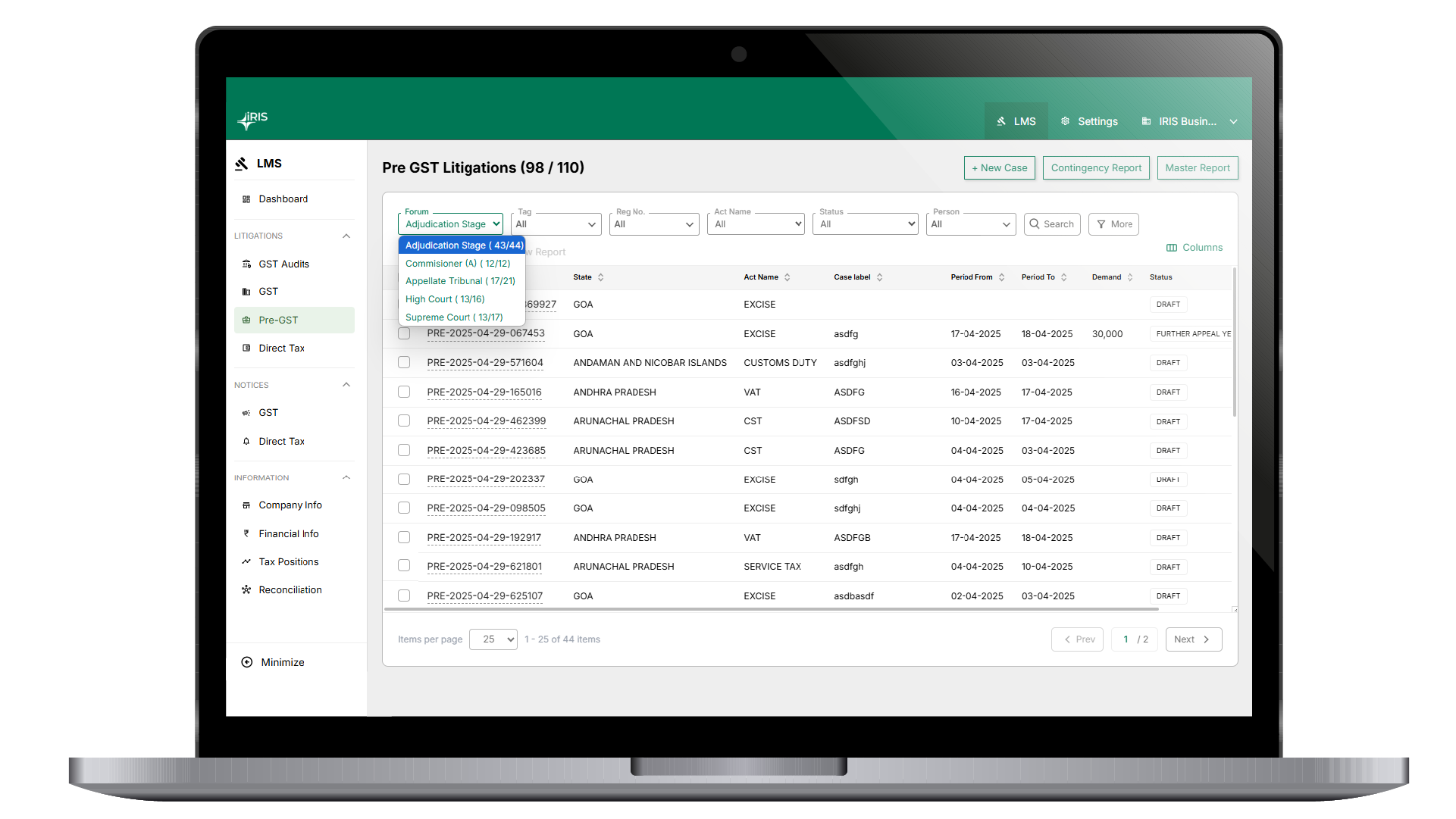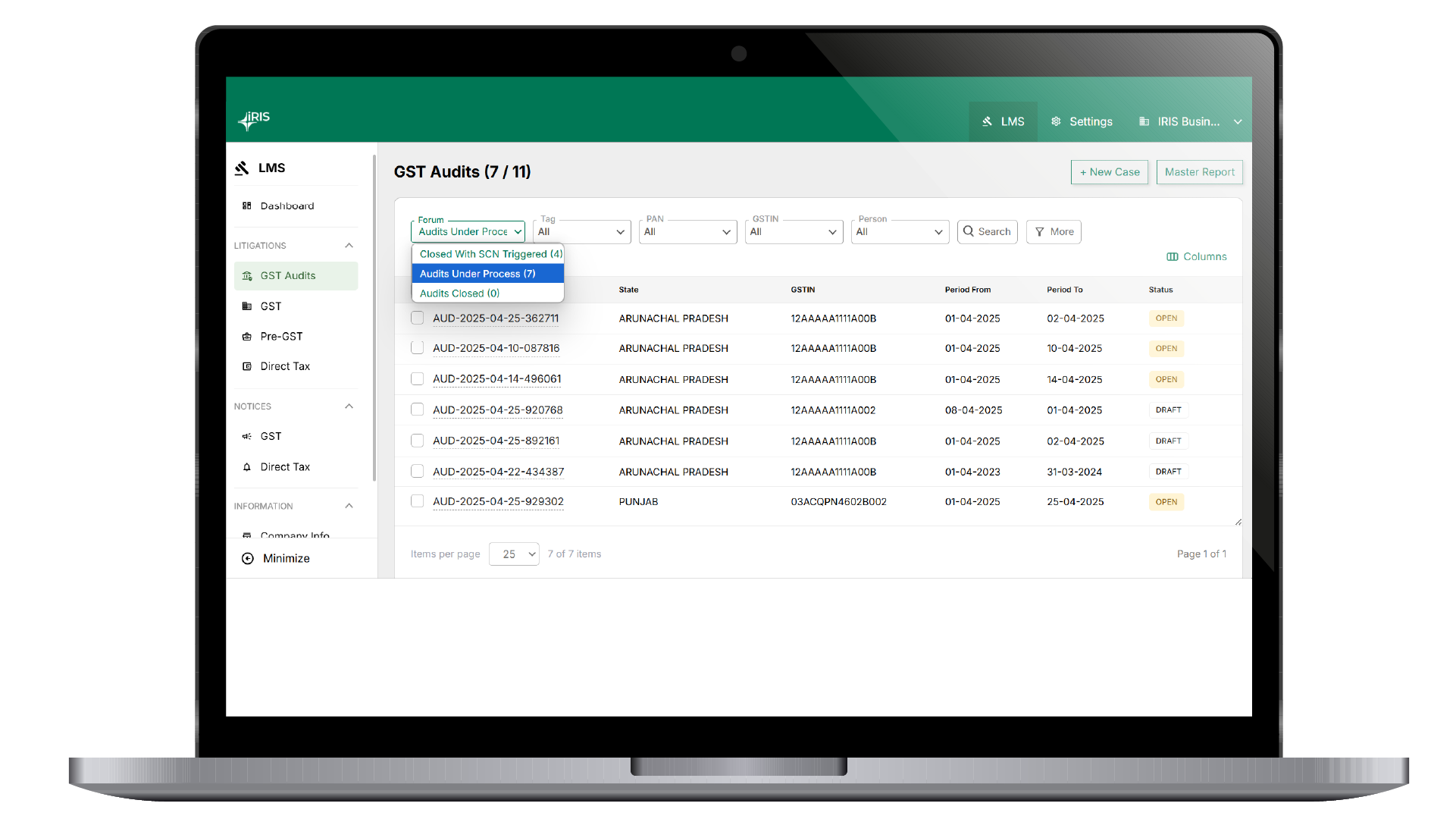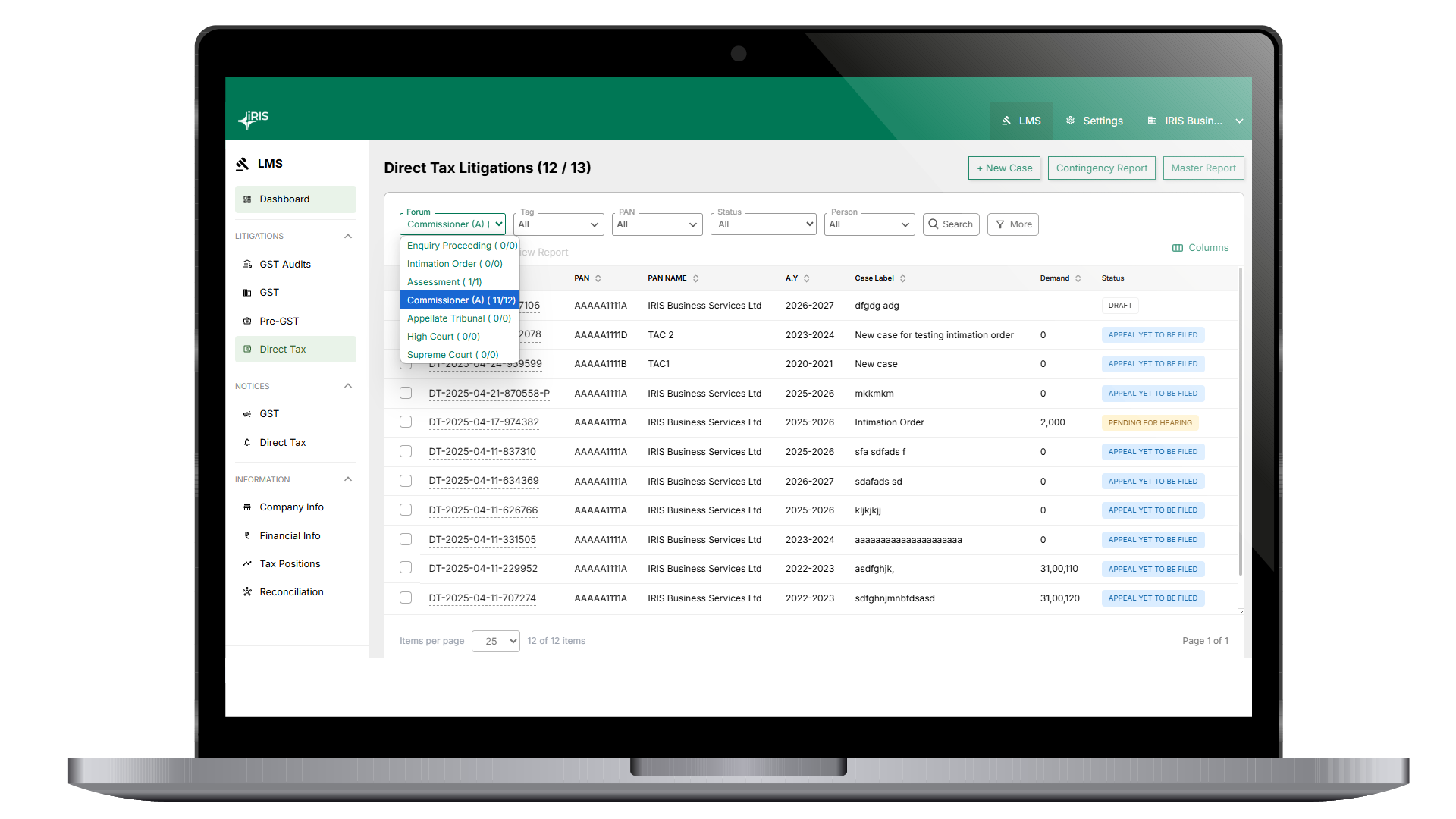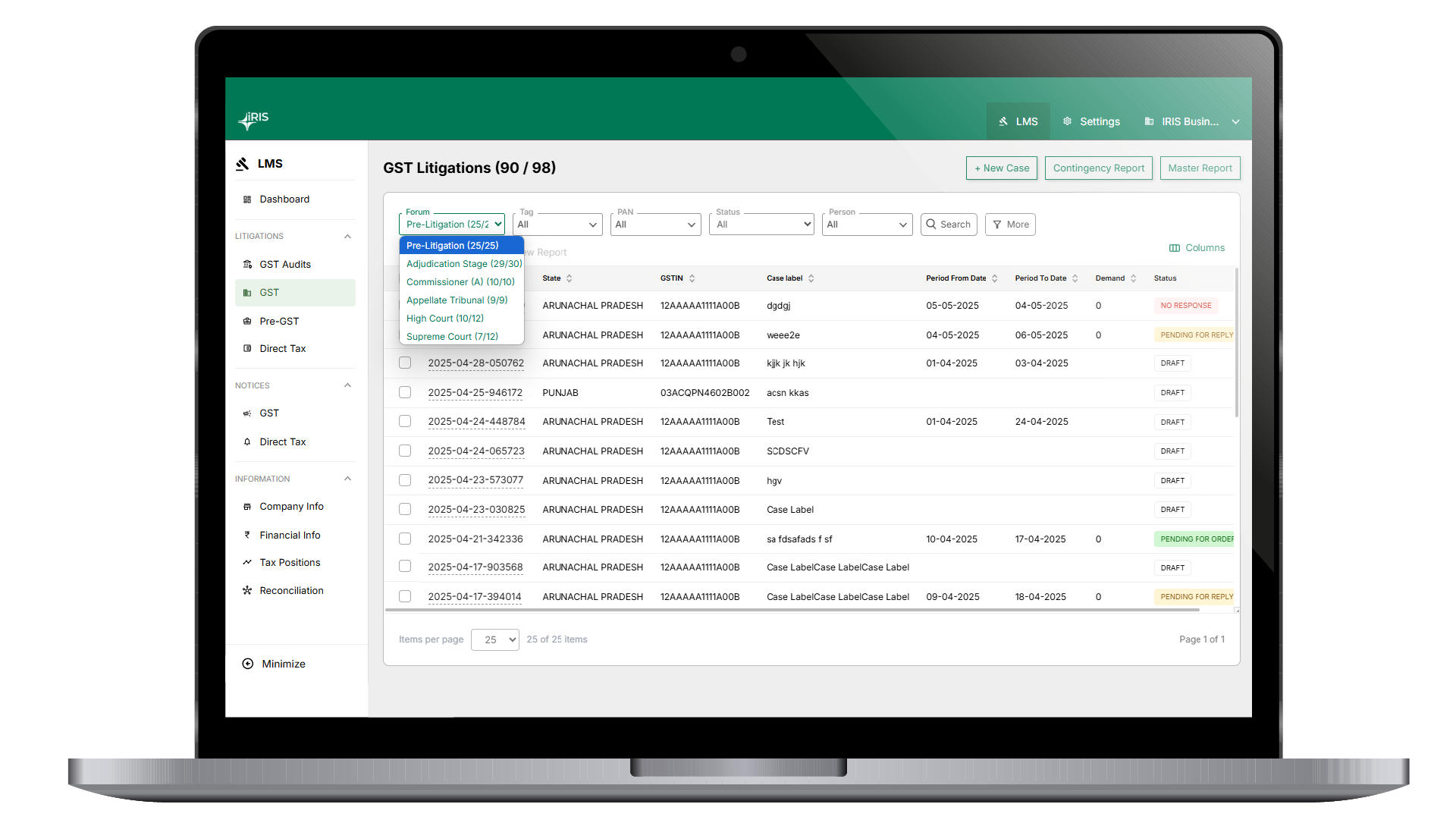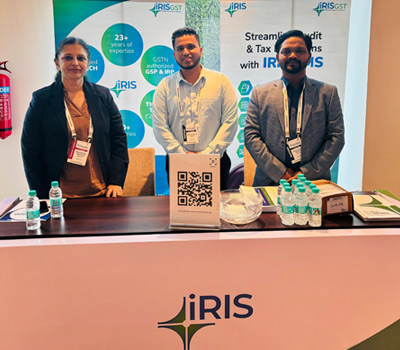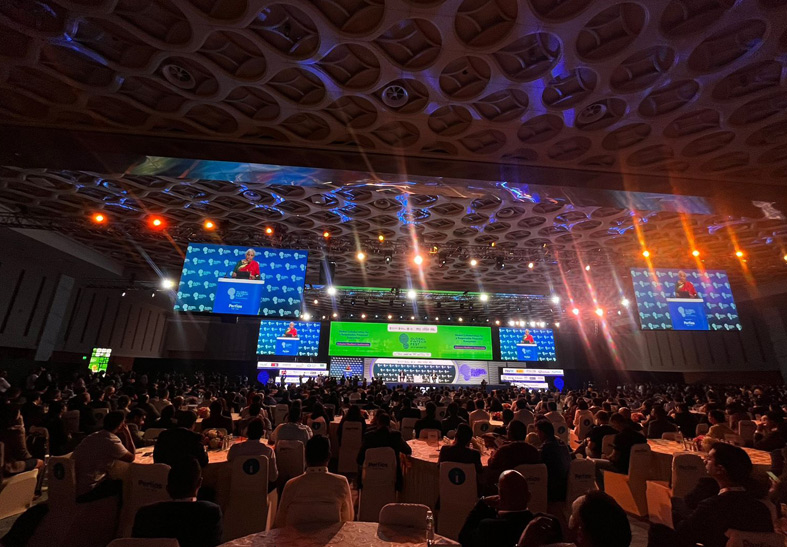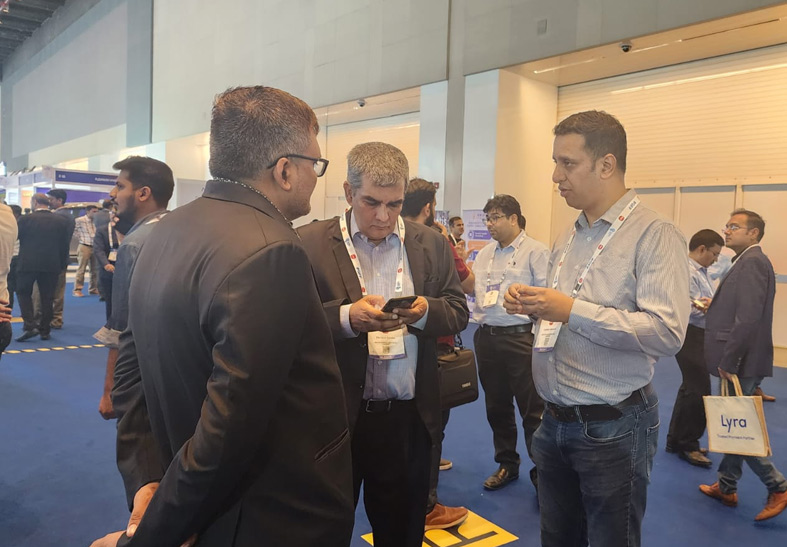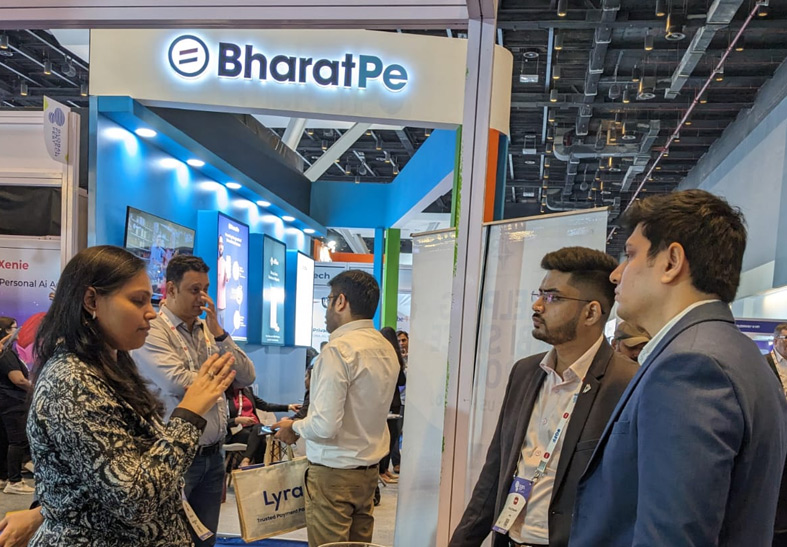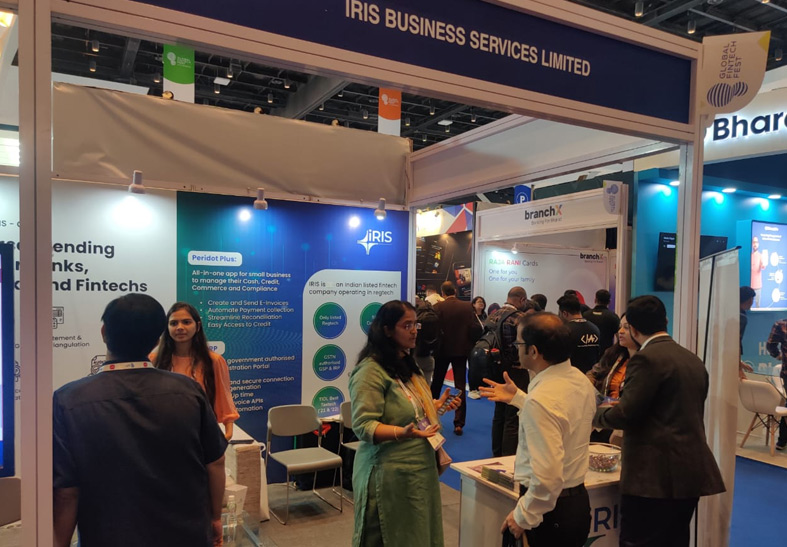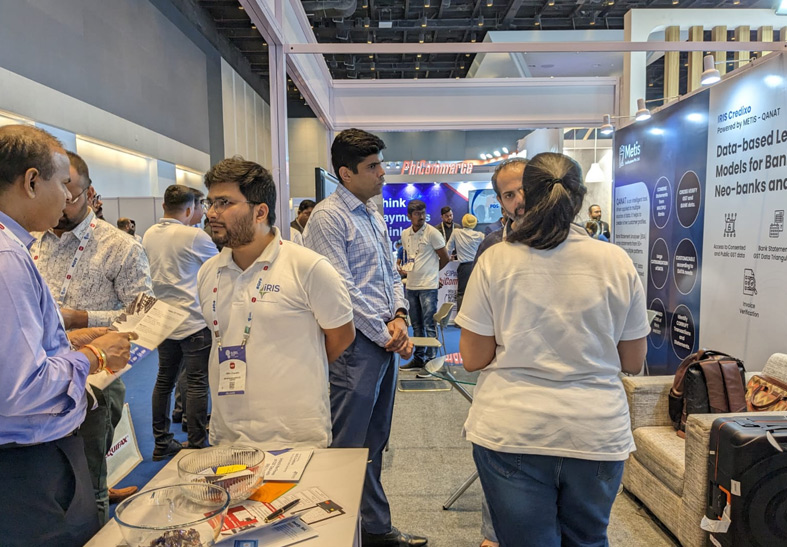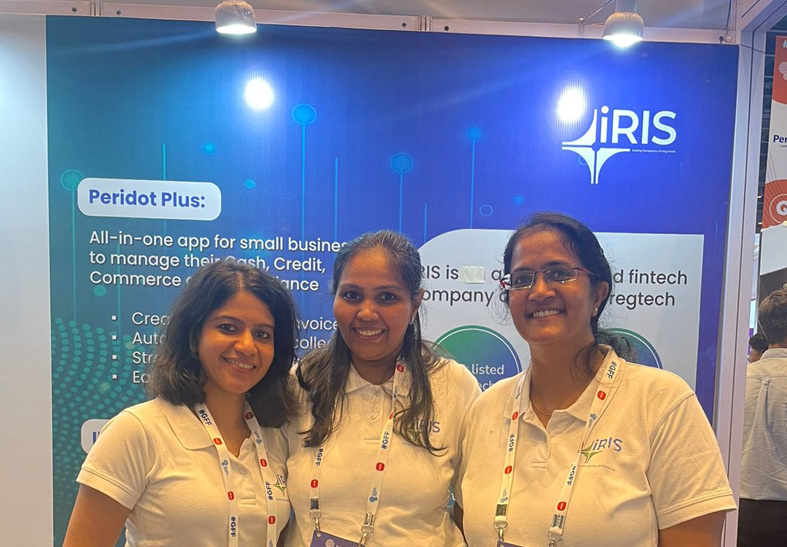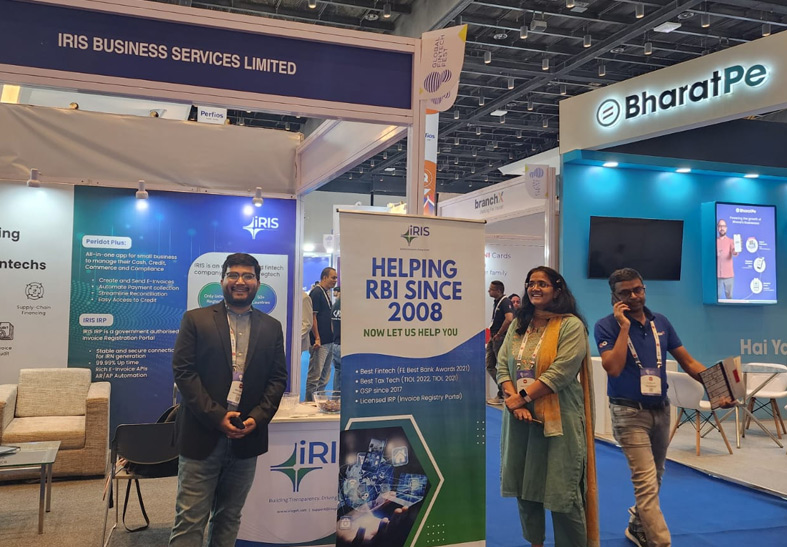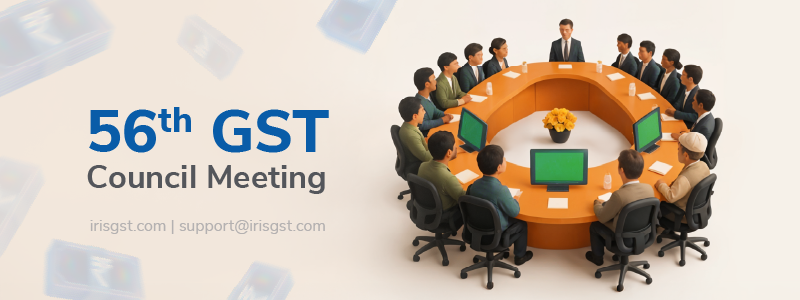
With the 56th GST Council meeting expected to convene in June 2025, all eyes are on the Centre and states as they prepare to deliberate on crucial tax reforms. From industry-specific rate revisions to clarifications on emerging sectors like e-commerce and digital services, the meeting holds significance for businesses and taxpayers alike. As the GST regime matures, this session is poised to address pressing compliance issues and policy updates that could impact the ease of doing business in India.
Anticipated Agenda and Sectoral Impacts
Rationalization of GST Rates
A significant expectation from the upcoming meeting is the rationalization of GST rates. Finance Minister Nirmala Sitharaman has indicated a move towards reducing and simplifying GST slabs, aiming to alleviate compliance burdens and stimulate consumption.
Compensation Cess Review
The Council may deliberate on the future of the compensation cess, which has been a significant source of revenue for states. Decisions could involve extending, modifying, or phasing out the cess, impacting state finances and overall tax collections.
Addressing Inverted Duty Structures
Industries such as textiles, footwear, and fertilizers have long grappled with inverted duty structures, where input taxes exceed those on finished products, leading to accumulated input tax credits and cash flow challenges. The GST Council is expected to deliberate on rectifying these anomalies to enhance sectoral efficiency.
Unified Taxation for Commercial Drones
The drone industry anticipates a uniform 5% GST rate for all commercial drones, addressing current classification ambiguities that subject drones to varying tax rates based on features like integrated cameras. This move aims to streamline taxation and foster growth in sectors leveraging drone technology.
Currently, different types of drones are taxed at different GST rates depending on how they are classified under HSN codes. Drones used for business purposes are considered aircraft (HSN 8806) and taxed at 5%. Drones with built-in cameras fall under HSN 8525, like digital cameras, and attract 18% GST. Personal-use drones, also under HSN 8806, are taxed at a higher rate of 28%.
Looking Ahead
The 56th GST Council meeting stands as a critical juncture for India’s taxation framework, with the potential to implement reforms that simplify tax structures, resolve sector-specific challenges, and promote economic growth. Stakeholders await the outcomes with optimism, hoping for decisions that will enhance compliance, reduce litigation, and foster a more conducive business environment.
To read our coverage on the previous Council Meet decisions, you may refer here:
- 55th GST Council Meeting
- 54th GST Council Meeting
- 53rd GST Council Meeting
- 52nd GST Council Meeting
- 51st GST Council Meeting
- 50th GST Council Meeting
IRIS GST, a leading name amongst the GST Suvidha Providers (GSP) in India, offers easy and efficient GST solutions (For GST return filing, E-invoicing, and E-way bill compliance), IRIS LMS (For managing GST and DT litigation), and IRIS ASAP for automating and streamlining accounts payable. For any queries or to book your free demo, connect with us at support@irisgst.com.
Ready to Get Started?
We highly recommend you schedule a free demo of IRIS GST Software to understand
what it can do for you. Click the link below!
